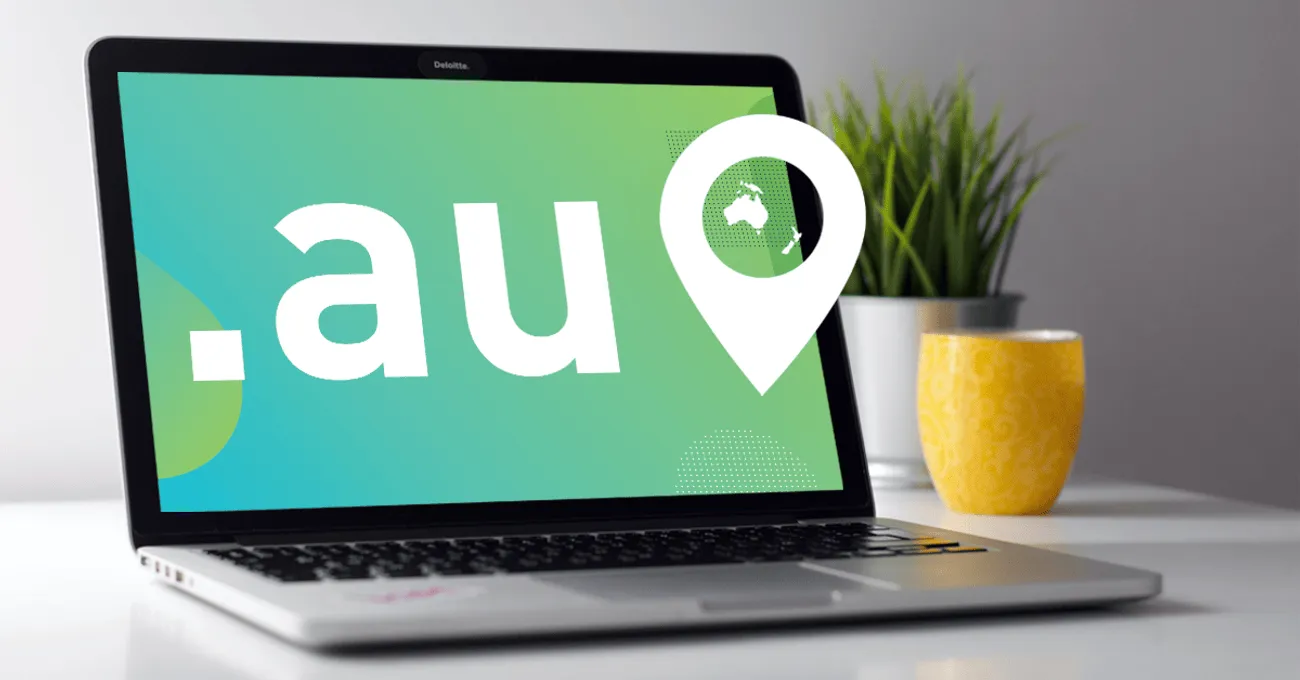Navigating Challenging Times: Budgeting Tips for Business Owners

Money-saving tips, from the cost to register a business name to free online business services
Small businesses are currently facing economic challenges that make financial planning and budgeting essential for success.
Inflation is teetering at 7%, with the RBA holding the cash rate at 4% while employment hovers near record-low levels at just 3.6%. This means operational costs are rising while hiring good people is more difficult and expensive.
But this isn’t the bad news it might seem.
Economic activity has picked up pace since the pandemic, with GDP growth reaching 2.3% in the March 2023 quarter.
The latest ABS data shows that business entries outnumbered exits in the same period, with a net change of 11,349. The uptick follows two quarters of decline where the net change reached a low of -33,810.
This mirrors what we’re seeing at Registry, with a steady increase in the number of entrepreneurs registering a business name using our online business services.
So although costs are rising, small business owners have opportunities to capitalise on a growing market. With realistic expectations and some clever financial planning, now could be an excellent time to register a company in Australia.
Understanding the costs of starting a business
If you are considering starting a business in anticipation of an economic turnaround, it’s crucial to have a clear understanding of the costs involved. That way, you can develop a comprehensive and realistic budget that sets your business on the path to success.
Registering a business name
The cost to register a business name with Registry Australia is $99 for 1 year or $199 for 3 years. This includes ASIC fees, professional management, local support and automated renewal notices.
Sole traders can do business under their legal name. Everyone else (including sole traders operating under a ‘trading name’, partnerships and companies) must register a business name.
Licenses, permits and insurance
Every employing Australian business needs worker’s compensation insurance. Public liability insurance is also a good idea, and contractors in hazardous industries should look into relevant insurance to protect against financial risk.
Depending on your area of expertise, you may also need to budget for professional licences or trading permits.
Licences, permits and insurance can range from several hundred to thousands of dollars annually – although they may be tax deductible.
Website hosting
Every business needs a home online. You can build free websites using our easy website builder, or try platforms like Squarespace, Wix, Webflow and WordPress, but you’ll need to pay for domain hosting.
The cost of .au domain hosting with Registry ranges from $19 to $99 per month, with four tiers depending on your needs. Every tier gives you a custom URL with add-on domains, custom email addresses, secure Australian servers, generous storage and daily backups.
Equipment, tools, technology and inventory
Business start-up costs vary widely, other than the figures we’ve quoted so far (the cost to register a business name or secure a domain).
For example, a tennis coach might budget $1,000 on essential equipment, while a café owner might need $100,000 or more for equipment and renovations, while a marketing consultant only needs a laptop to get started.
Staffing
Although we’re focusing on small businesses and sole traders, it’s worth noting that wages are the single biggest cost for Australian businesses. The average Australian salary rose 3.4% last year to $1,807.70 per week ($94,000 per year or $47.57 per hour based on a 38-hour week).
How much does it cost to start a business in Australia?
All these variables make it difficult to put forward any accurate figures. Although Shopify says the average business owner spends $60,000 ($40k USD) in their first year, this figure is based on US start-up costs and does not properly reflect the range of business types.
It’s possible to start a business for under $1,500 if you only need a laptop, a basic website and the cost to register a business name. It’s also possible to spend over $100,000 starting a business if you need specialist equipment, retail space, lots of capital or a big team.
10 practical tips for creating a budget that works
- Leave a contingency margin for unexpected events and business interruptions.
- Track and analyse cash flow (and costs) from the day you decide to start a business.
- Negotiate with suppliers for better terms or bulk discounts.
- Use online business services to automate admin tasks.
- Focus on marketing that yields the highest ROI, such as social media.
- Invest in professional financial advice for realistic advice and accountability.
- Budget for more lean years ahead, even if you’re optimistic about the economy.
- Use surplus cash wisely, especially in the early days.
- Learn your sales cycle so you can budget for peaks and troughs.
- Check in often to see whether your budget is paying off.
Registry’s budget-friendly online business services give Australian entrepreneurs a head-start
We understand that starting a business is both exhilarating and nerve-wracking. To help aspiring business owners get started, we’ve built a suite of affordable online business services that anyone can access.
Our goal is to grow Australia’s small business sector. Whether that’s through affordable .au domain hosting or transparent costs to register a business name, Registry makes starting a business simple.


